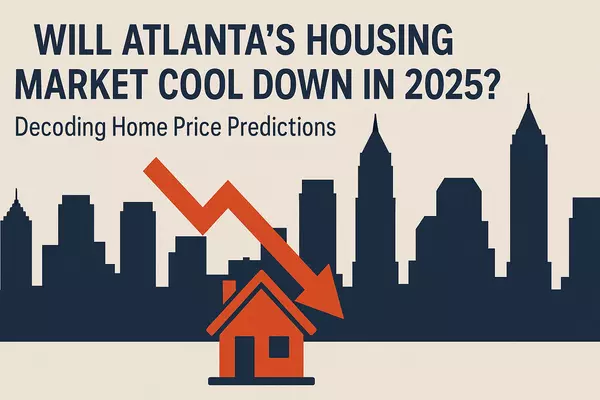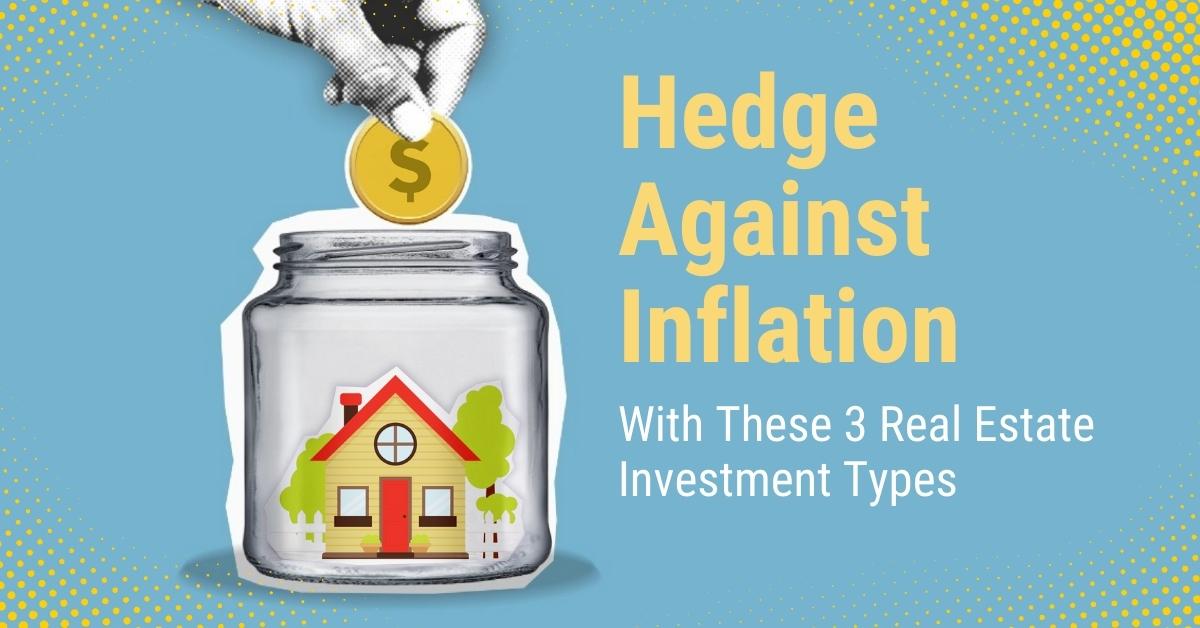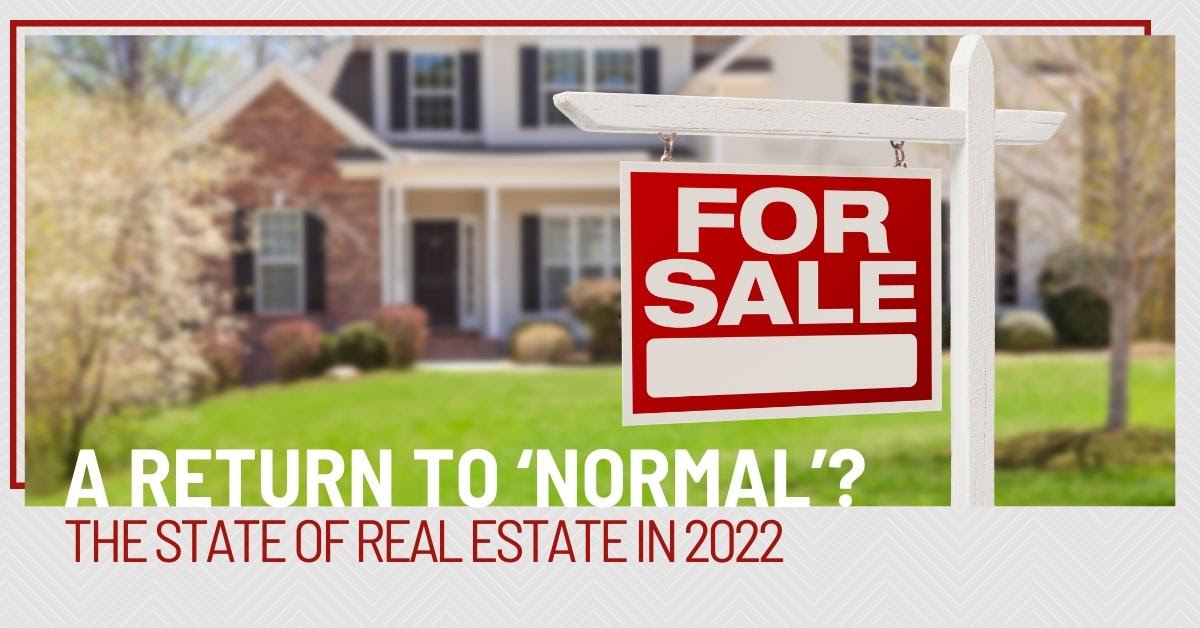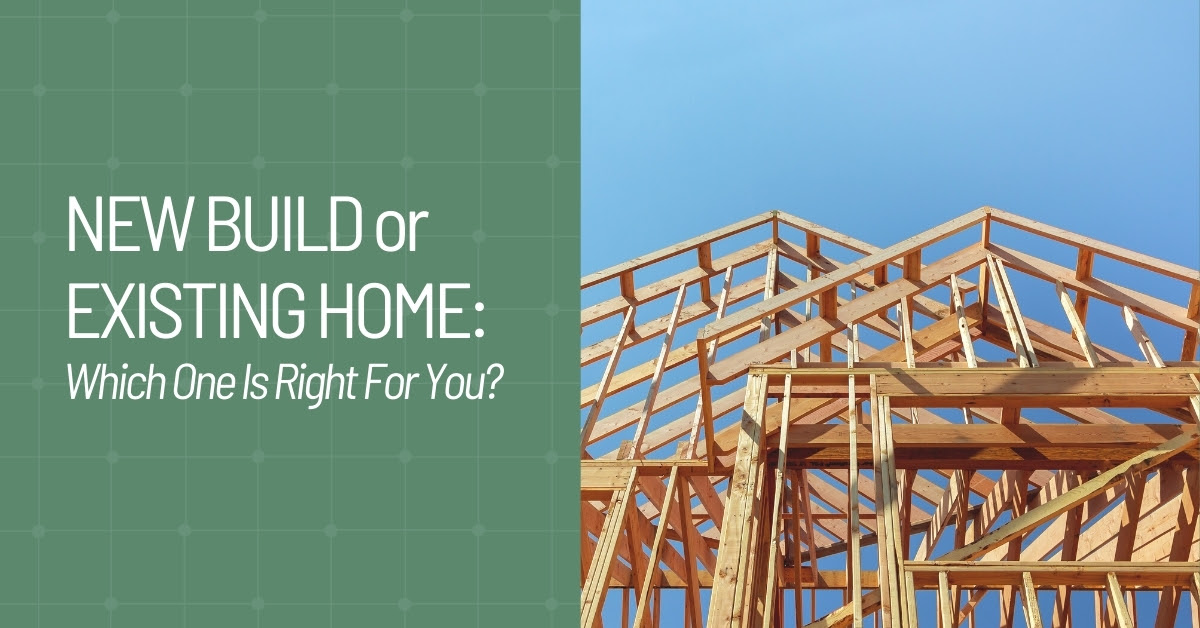
9 Tips for Buying and Selling Your Home at the Same Time
9 Tips for Buying and Selling Your Home at the Same Time Selling your home while shopping for a new one can feel daunting to even the most seasoned homeowner––especially when th

5 Factors That Reveal Where The Real Estate Market Is Really Headed
5 Factors That Reveal Where The Real Estate Market Is Really Headed It’s the old supply-and-demand predicament: U.S. home sales continue at a rapid pace, but the number of listi

How to Bridge the Appraisal Gap in Today’s Real Estate Market
How to Bridge the Appraisal Gap in Today’s Real Estate Market If you’re searching for drama, don’t limit yourself to Netflix. Instead, tune in to the real estate market, where t
Categories
Recent Posts










